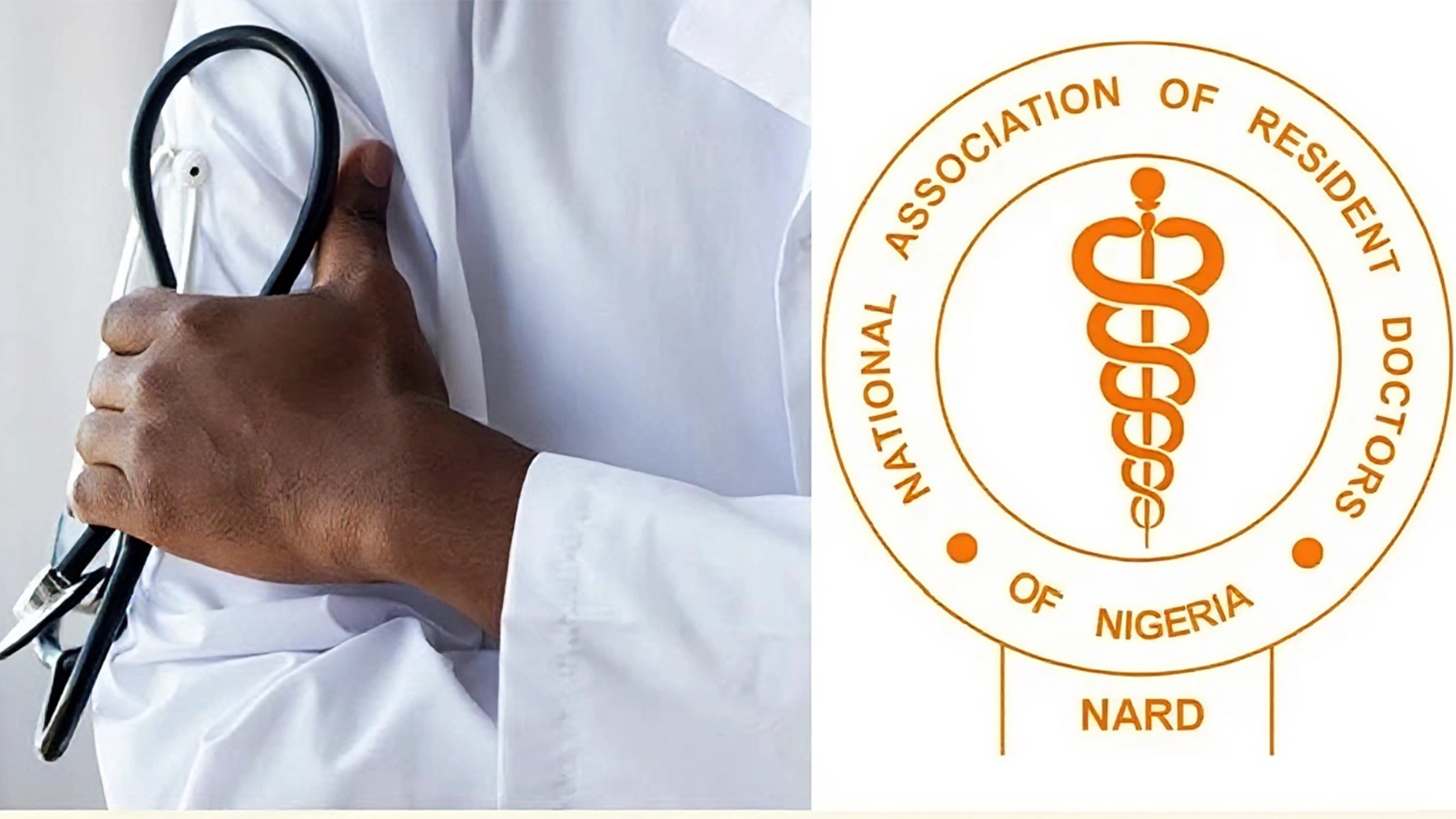
National President of the Nigerian Veterinary Medical Association, Dr. Gani Enahoro, has calmed the frayed nerves of Nigerians over the outbreak of anthrax, advising them to take immediate precautions to checkmate its spread among livestock.
The vet also advised Nigerians to shy away from eating animals that die suddenly, saying it could lead to their deaths.
Fielding questions from reporters, Enahoro said that the adoption of biosecurity measures, which involve total confinement operations with strict rules to maintain flock health such as shower-in and out systems, special clothing, disinfection, and other measures, will go a long way to control the spread.
The Federal Ministry of Livestock had alerted Nigerians over the outbreak of anthrax in Zamfara State, raising fears that the disease, if not curtailed, might spread to humans. Enahoro also warned that primarily, livestock such as cattle, sheep, and goats were affected by the disease, and humans can also contract the disease if they have direct contact with infected animals.
“Nigerians don’t have to panic about the anthrax disease reported. The veterinary authorities have their jobs well cut out. Let no one consume meat from animals that die suddenly, no matter how poverty-stricken; it could be the end of lives. Farmers should consult animal health workers and be willing to pay for their services,” he said.
According to him, biosecurity measures, if properly deployed, could serve to protect their animals just as the vaccines could also biologically be helpful because the anthrax bacterium sporulates a lot, and the spores produced, if inhaled by humans, could be almost always fatal.
He appealed to farmers to protect themselves and the other people nearby and then follow up with sufficient biosecurity measures to save other animals from contracting the disease.
He added that the immediate thing to do if an animal dies is to report to the veterinarian closest to them for a proper clinical assessment of the dead animal and the other in-contact antemortem.
“The implications for failure to tackle the disease now are that wherever anthrax had occurred in the past, it could become centers of continuous and future outbreaks because the spores are highly resilient and can survive and stay in the soil for decades until grazing animals ingest or inhale the spores again, and the cycle of infection will commence,” he warned.
He urged farmers and veterinary doctors to be extra careful given the occupational hazards that animal health professionals are exposed to.






